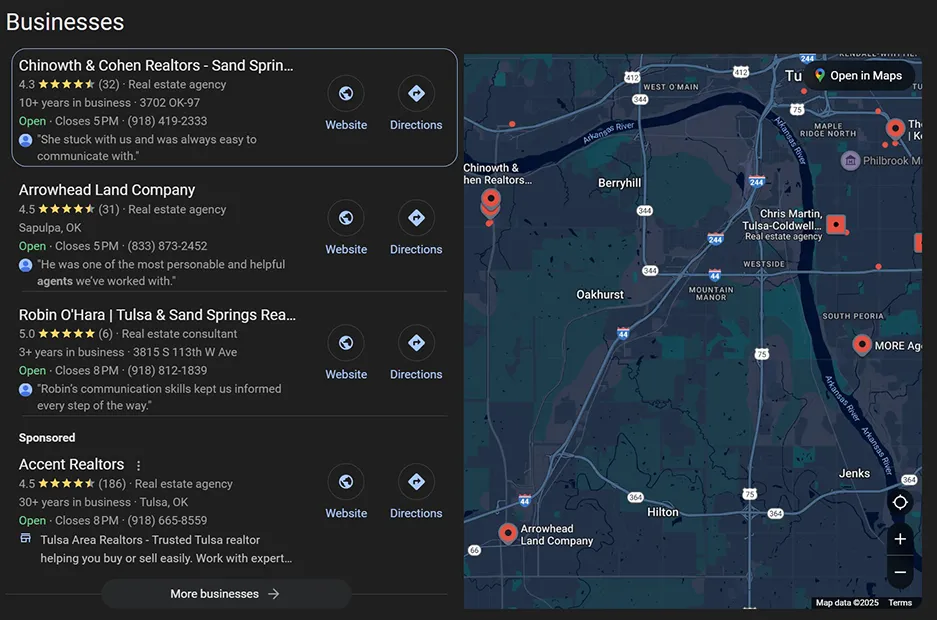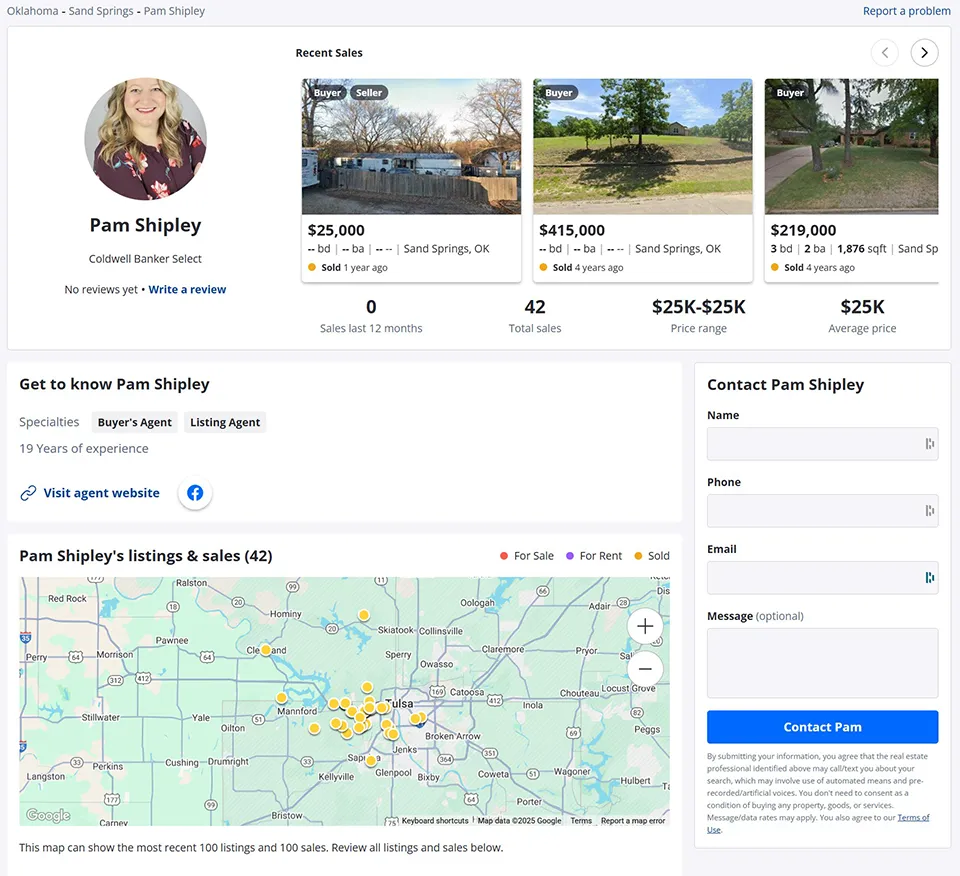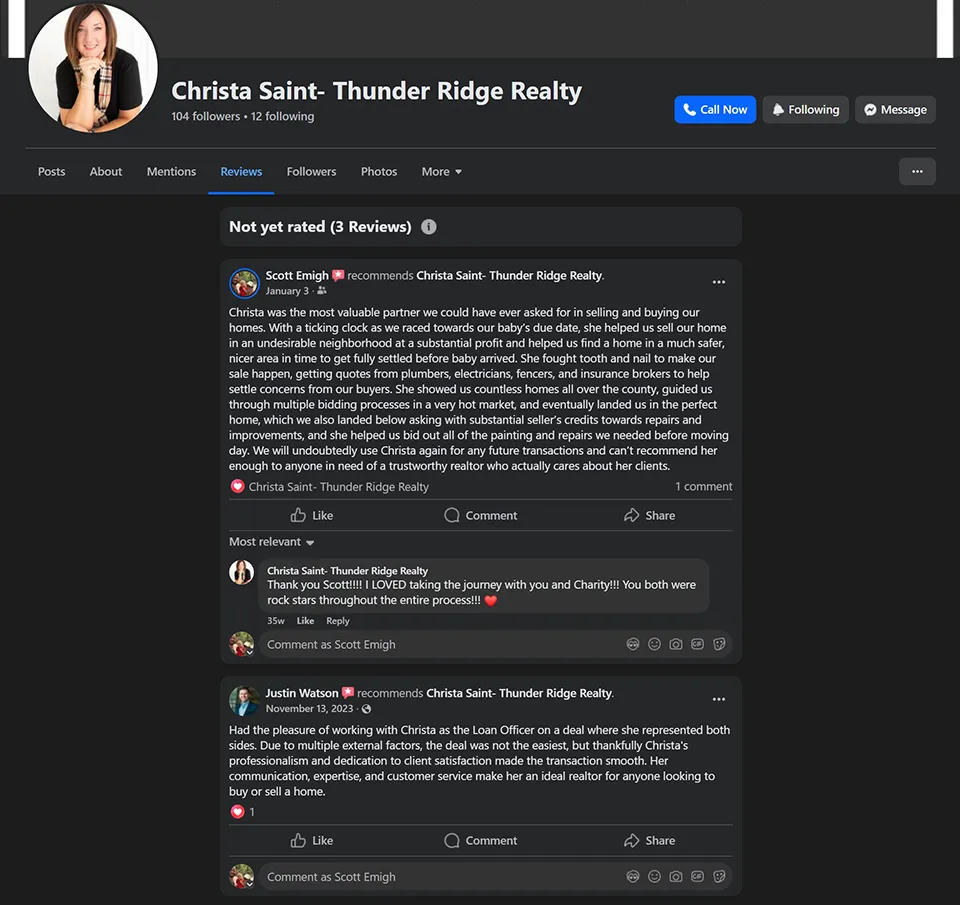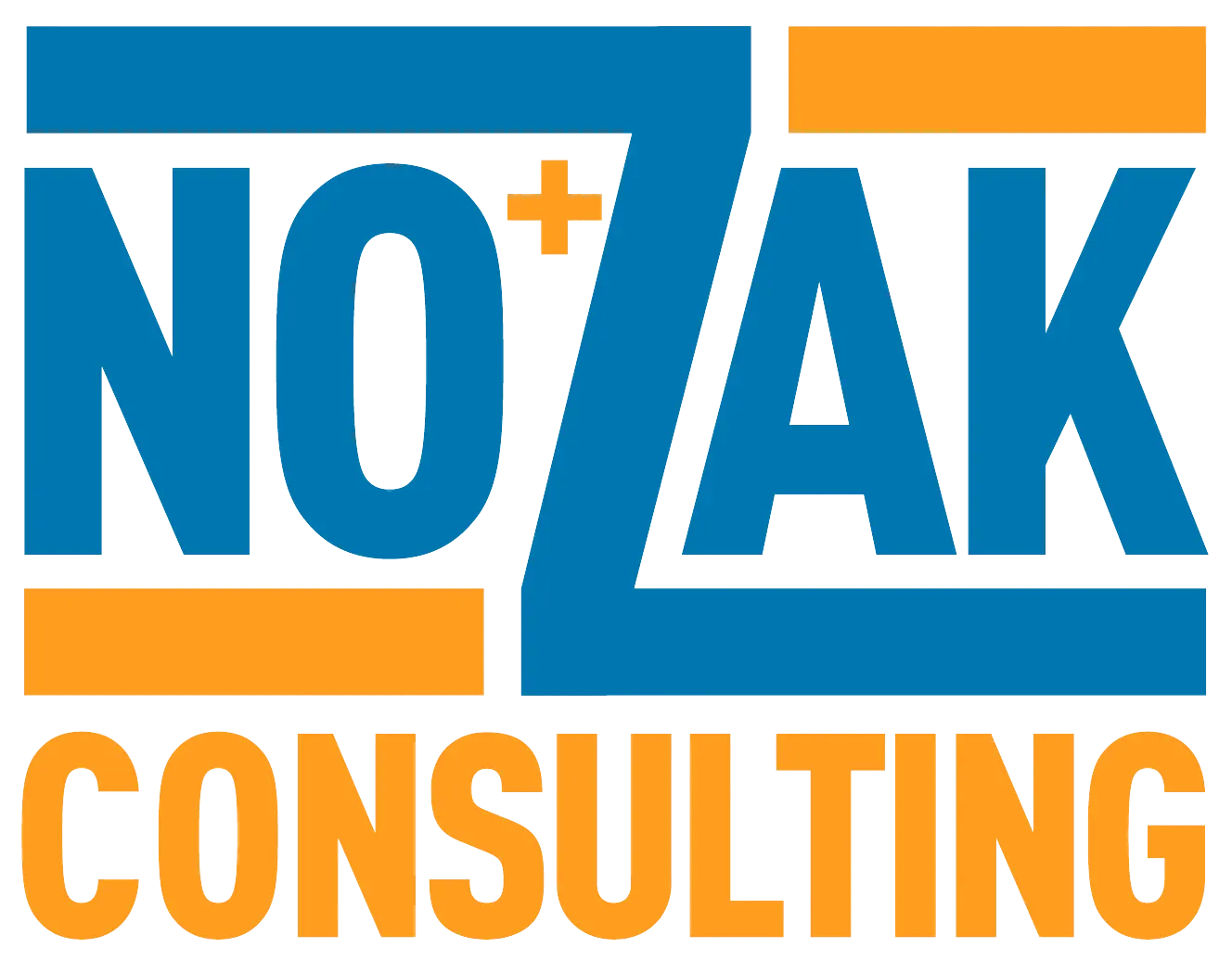Real estate success depends on being found by the right people at the right time. When potential clients search for “homes for sale near me” or “best real estate agent in [city],” your name should appear at the top of those results.
Local SEO transforms your online presence into a lead-generating machine that works around the clock.
Why Local SEO Matters More for Real Estate Than Any Other Industry
Real estate is inherently local. Unlike e-commerce businesses that can serve customers nationwide, your success depends entirely on connecting with people in your specific geographic area. A homebuyer in Dallas won’t hire an agent in Denver, no matter how impressive their online presence might be.
Google processes over 8.5 billion searches daily, and nearly half include location-based terms. For real estate agents, this presents an enormous opportunity. When someone searches for “real estate agent Tulsa” or “homes for sale in Broken Arrow,” they’re actively looking for your services. The question isn’t whether they’ll find a real estate professional – it’s whether they’ll find you or your competition.
Consider this scenario: Two equally qualified agents work in the same city. Agent A has optimized their online presence for local search, while Agent B relies primarily on referrals and traditional marketing. When potential clients search online, Agent A consistently appears in the top results, complete with positive reviews, detailed service information, and compelling property listings. Agent B might be mentioned on page three of search results, if at all.
The difference in lead generation can be staggering. Studies show that 75% of users never scroll past the first page of search results. This means Agent B is essentially invisible to the majority of online searchers in their market.
Understanding the Local SEO Landscape for Real Estate

Local search results operate differently than traditional organic search. Google prioritizes three key factors when determining local rankings: relevance, distance, and prominence. Your real estate business must excel in all three areas to dominate local search results.
Relevance measures how well your business information matches what people are searching for. If someone searches for “luxury home specialist,” your website content, Google Business Profile, and online presence should clearly indicate that you work with high-end properties.
Distance considers the physical proximity between the searcher and your business location. This factor emphasizes why having accurate, consistent location information across all online platforms is crucial for real estate agents.
Prominence evaluates your business’s overall authority and reputation online. This includes factors like review quantity and quality, citation consistency, and the strength of your website’s domain authority.
Understanding these factors helps explain why some real estate agents consistently appear at the top of local search results while others struggle to gain visibility, even in smaller markets.
Optimizing Your Google Business Profile: The Foundation of Real Estate Local SEO
Your Google Business Profile serves as your digital storefront for local search. When potential clients search for real estate services in your area, this profile often provides their first impression of your business.
Start by claiming and verifying your profile if you haven’t already. Use your exact business name as it appears on your license and marketing materials. Include your complete address, phone number, and website URL. For real estate agents working from home offices, consider using a virtual office address or your brokerage’s location to maintain professionalism.
Select the most specific business categories available. Choose “Real Estate Agent” as your primary category, then add secondary categories like “Real Estate Appraiser,” “Property Management Company,” or “Commercial Real Estate Agency” based on your specializations.
Your business description should clearly communicate your unique value proposition and service areas. Instead of generic language like “We help clients buy and sell homes,” craft something more specific: “Specializing in luxury waterfront properties and first-time homebuyer guidance throughout Tulsa County’s most desirable neighborhoods.”
Upload high-quality photos regularly. Include shots of yourself, recent listings, your office space, and happy clients (with permission). Properties with photos receive 42% more requests for directions and 35% more click-throughs to websites than those without images.
Content Strategy That Attracts Local Real Estate Clients

Creating valuable, location-focused content establishes your expertise while improving search visibility. Your content strategy should address the specific needs and interests of people in your market area.
Develop neighborhood guides that go beyond basic statistics. Write detailed profiles of local communities, highlighting schools, amenities, transportation options, and lifestyle factors that influence buying decisions. A comprehensive guide to living in Brookside or explaining the benefits of Sand Springs’ school districts demonstrates local expertise that generic real estate websites can’t match.
Market reports provide another excellent content opportunity. Create monthly or quarterly updates analyzing local real estate trends, average home prices, inventory levels, and market predictions. Use local MLS data to provide insights that potential clients won’t find elsewhere.
Address common questions and concerns specific to your area. If your market has unique considerations like flood zones, HOA regulations, or new development projects, create content that helps people understand these factors. This type of helpful, educational content builds trust and positions you as the local expert.
Recent sales success stories (while respecting client privacy) showcase your results and provide social proof. Highlight unique challenges you overcame, creative marketing strategies, or impressive outcomes that demonstrate your value to potential clients.
Building Local Citations and Online Authority

Citations – mentions of your business name, address, and phone number across the web – significantly impact local search rankings. Consistency across all platforms signals to Google that your business information is accurate and trustworthy.
Start with major directories and real estate-specific platforms:
- Zillow and Realtor.com profiles
- Local Chamber of Commerce listings
- Better Business Bureau registration
- Yelp business page
- Facebook business profile
Ensure your NAP (Name, Address, Phone) information matches exactly across all platforms. Even small discrepancies like “Street” vs. “St.” can confuse search engines and hurt your rankings.
Beyond basic directory listings, seek opportunities for authoritative local citations. Write guest articles for local publications, sponsor community events, or participate in homebuyer seminars. These activities often result in high-quality backlinks and citations from respected local sources.
Professional associations like your local Realtor board, state real estate commission, and MLS platform provide valuable citations. Make sure your profiles on these platforms are complete and up-to-date.
Local news outlets frequently cover real estate market trends. Position yourself as a go-to expert by providing market insights to journalists. Media coverage generates powerful citations and establishes you as a local authority.
Reviews and Reputation Management for Real Estate Success

Online reviews heavily influence both search rankings and potential client decisions. A Harvard Business School study found that a one-star increase in Yelp ratings leads to a 5-9% increase in revenue for local businesses.
Implement a systematic approach to review generation. Ask satisfied clients to share their experiences online during the closing process when emotions are most positive. Provide clear, simple instructions for leaving reviews on Google, Zillow, and other relevant platforms.
Timing matters significantly in review requests. The ideal moment is immediately after successfully closing a transaction, when clients feel most grateful and accomplished. Send a personal follow-up message thanking them for their business and kindly requesting a review.
Respond professionally to all reviews, both positive and negative. Thank clients for positive feedback and address any concerns raised in negative reviews. Your responses demonstrate professionalism to future clients who read your reviews.
Never incentivize reviews with money or gifts, as this violates platform policies and can result in penalties. Instead, focus on providing exceptional service that naturally motivates clients to share their positive experiences.
Monitor your online reputation regularly using Google Alerts or reputation management tools. Address any inaccurate information or unfair criticism promptly and professionally.
Technical SEO Essentials for Real Estate Websites
Your website’s technical foundation directly impacts local search performance. Search engines must be able to crawl, understand, and index your content effectively.
Ensure your website loads quickly on all devices. Real estate websites often include high-resolution property photos and virtual tours that can slow page loading times. Optimize images, use efficient hosting, and implement caching to maintain fast load speeds.
Mobile optimization is non-negotiable. Over 60% of real estate searches occur on mobile devices, and Google prioritizes mobile-friendly websites in search results. Your site should provide an excellent user experience across all screen sizes.
Implement structured data markup to help search engines understand your content. Real estate-specific schema markup can highlight property details, agent information, and business hours in search results, making your listings more attractive and informative.
Create location-specific landing pages for each area you serve. A page dedicated to “Homes for Sale in Bixby” performs better for location-based searches than generic content trying to cover multiple markets.
SSL certificates and secure hosting protect client information and improve search rankings. Google considers website security a ranking factor, making HTTPS essential for real estate websites handling sensitive client data.
Measuring Success and ROI in Real Estate Local SEO
Track metrics that directly correlate with business growth rather than vanity metrics that look impressive but don’t impact your bottom line. Website traffic increases mean little if those visitors aren’t becoming qualified leads.
Monitor Google Business Profile insights to understand how people find and interact with your listing. Track metrics like search views, website clicks, phone calls, and direction requests. These actions indicate genuine interest from potential clients.
Use Google Analytics to identify which content generates the most qualified traffic. Set up goals to track form submissions, newsletter signups, and other conversion actions. This data helps you understand which SEO efforts produce the best results.
Lead quality often matters more than quantity in real estate. Track not just the number of leads generated through SEO efforts, but their conversion rates and ultimate transaction values. A strategy that generates fewer leads but higher-value clients may be more profitable than one producing many low-quality inquiries.
Local search ranking positions for key terms provide important benchmarks. Track your rankings for searches like “[city] real estate agent,” “homes for sale in [neighborhood],” and other relevant local terms. Improvements in rankings typically correlate with increased lead generation.
Advanced Local SEO Strategies for Competitive Markets
In highly competitive real estate markets, basic local SEO tactics may not provide sufficient differentiation. Advanced strategies can help you stand out from other agents employing similar techniques.
Develop hyper-local content targeting specific subdivisions, streets, or even individual buildings. Create detailed guides for condo complexes, master-planned communities, or historic districts. This ultra-specific content often faces less competition while attracting highly qualified prospects.
Video content performs exceptionally well for real estate local SEO. Create neighborhood tour videos, market update presentations, or property showcase reels. Videos increase engagement time on your website and provide additional opportunities for local optimization through titles, descriptions, and tags.
Partner with other local businesses for cross-promotion opportunities. Collaborate with mortgage brokers, home inspectors, interior designers, or moving companies. These partnerships can generate valuable local backlinks and referrals while expanding your community presence.
Host local events like first-time homebuyer seminars or market update meetings. These activities generate local media coverage, social media content, and networking opportunities that support your overall SEO strategy.
Consider creating location-specific social media accounts or content series. A Facebook page dedicated to your specific neighborhood or an Instagram account showcasing local lifestyle content can improve your visibility for location-based social searches.
Ready to Dominate Your Local Real Estate Market?
Local SEO success doesn’t happen overnight, but the long-term benefits make the investment worthwhile. Real estate agents who consistently implement these strategies often see dramatic improvements in lead generation and business growth within 6-12 months.
The key is consistent execution across all areas: optimizing your Google Business Profile, creating valuable local content, building citations, managing reviews, and maintaining technical website standards. Each element supports the others, creating a comprehensive local SEO strategy that positions you as the go-to real estate expert in your market.
At Nozak Consulting, we’ve helped real estate professionals across the country implement winning local SEO strategies that generate qualified leads and drive business growth. Our team understands the unique challenges and opportunities in real estate marketing.
Ready to start generating more qualified leads through local search? Schedule a consultation with Nozak Consulting today and discover how we can help you dominate your local real estate market through proven SEO strategies.
